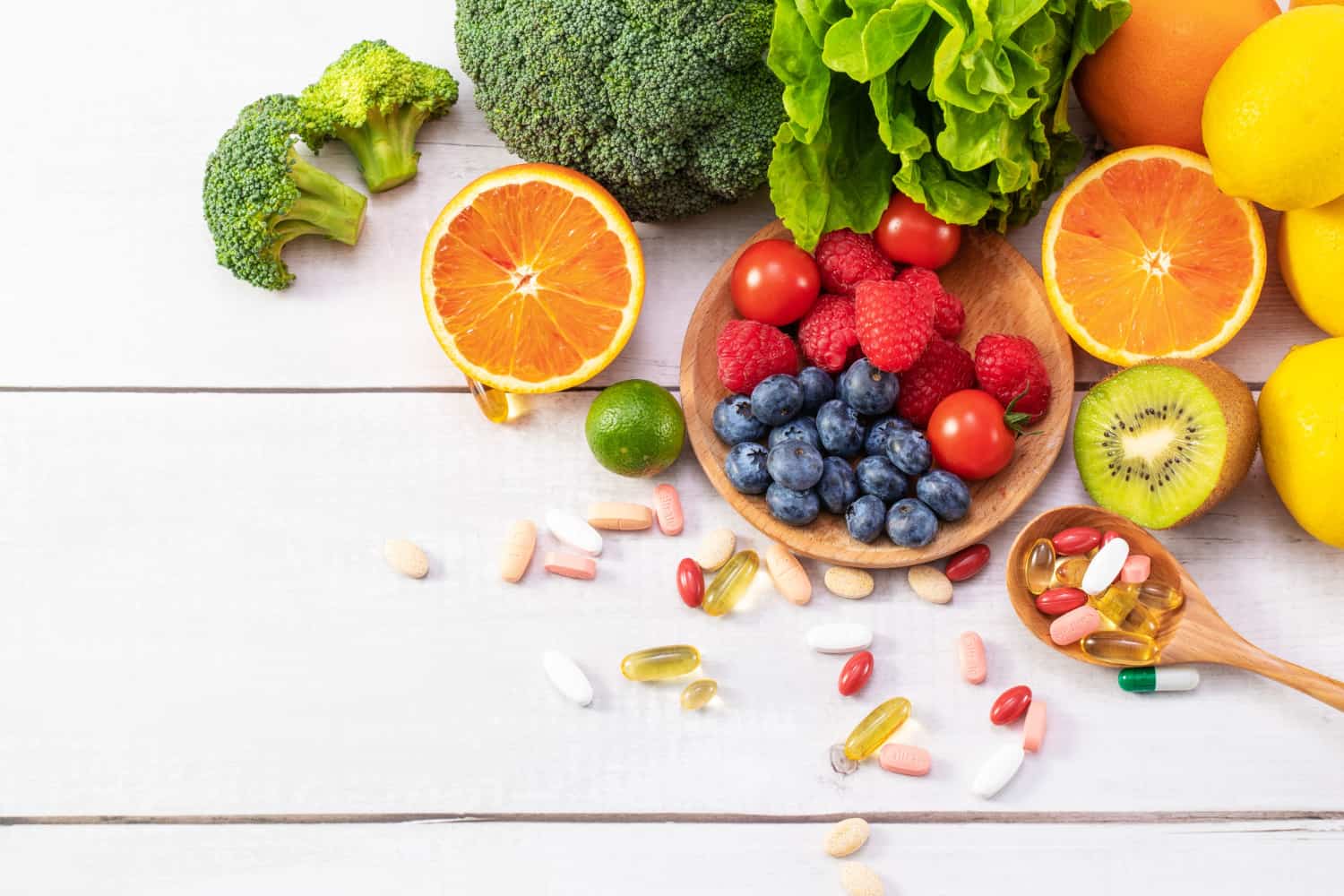- Phone: 306-970-1552
- connect@gentleprocessing.ca
- 18-301 South Industrial Dr. Prince Albert, SK S6V 7L7, Canada

n the modern food industry, processed foods have become a staple in many people's diets. These foods offer convenience and a wide range of flavors, but there is often concern about the use of food additives. It's important to understand the role of food additives in processed foods, separating fact from fiction, in order to make informed choices about the foods we consume.
Food additives are substances that are added to processed foods to improve their taste, texture, appearance, and shelf life. They can be natural or synthetic, and they serve various purposes, including preserving freshness, enhancing flavor, improving color, and preventing spoilage. While some food additives have been used for centuries (such as salt and sugar), others are more recent additions to the food industry.
There is a wide range of food additives used in processed foods, each serving a specific purpose. Here are some common types of food additives you may come across:
Preservatives help prevent the growth of bacteria, yeast, and mold, extending the shelf life of processed foods. Examples include citric acid, sodium benzoate, and sorbic acid. These additives play a crucial role in preventing foodborne illnesses and reducing food waste.
Flavor enhancers are additives that intensify the taste of processed foods. Monosodium glutamate (MSG) is a well-known flavor enhancer often used in savory snacks and soups. While some people may be sensitive to MSG, scientific research has not definitively linked it to harmful effects when consumed in moderate amounts.
Colorants are additives used to enhance or restore the color of processed foods. They can be natural or artificial. For example, beet juice powder and turmeric extract are natural colorants, while Red 40 and Yellow 6 are artificial ones. The use of artificial colorants has raised concerns in some studies, particularly regarding their potential impact on children's behavior, but further research is needed to establish conclusive evidence.
Antioxidants are additives that help prevent the oxidation of fats and oils, reducing the risk of rancidity. Common antioxidants used in processed foods include vitamin C (ascorbic acid) and vitamin E (tocopherols). These additives help maintain the quality and stability of food products.
With the increasing interest in health and wellness, there has been a rise in concerns and misconceptions about food additives. It's essential to separate fact from fiction when it comes to understanding their role in processed foods:
Many food additives have undergone rigorous safety evaluations by regulatory authorities, such as the Food and Drug Administration (FDA) in the United States and the European Food Safety Authority (EFSA) in the European Union. These organizations set safety standards and evaluate the potential risks associated with food additives. When used within approved limits, food additives are considered safe for consumption.
While some individuals may have allergies or sensitivities to specific food additives, such cases are relatively rare. Allergenic reactions to food additives, such as sulfites or food colorants, are typically limited to a small percentage of the population with specific sensitivities. It's important for individuals with known allergies to read labels carefully and avoid foods containing allergenic additives.
As with any aspect of nutrition, moderation is key. Consuming a balanced diet that includes a variety of whole, unprocessed foods should be the primary focus. While processed foods can be enjoyed as part of a balanced lifestyle, it's important to be mindful of the overall quality of your diet and the frequency of processed food consumption.
To make informed choices about processed foods and their additives, consider the following tips:
Become familiar with reading food labels and ingredient lists. Look for additives you may want to avoid or limit based on personal preferences or health concerns. Remember that ingredients are listed in descending order of quantity, so the closer an additive is to the beginning of the list, the higher its concentration in the product.
Whenever possible, choose natural and whole foods over heavily processed options. Fresh fruits, vegetables, lean proteins, whole grains, and legumes provide essential nutrients without the need for added additives.
Stay informed about food additives by consulting reputable sources, such as scientific research papers, official regulatory bodies, and nutrition experts. This will help you make educated decisions and avoid unnecessary fears or misconceptions.
In conclusion, food additives play a significant role in processed foods, enhancing their taste, appearance, and shelf life. While there may be concerns and misconceptions surrounding their use, it's important to separate fact from fiction and make informed choices based on scientific evidence and personal preferences. By understanding food additives and their purpose, you can navigate the world of processed foods more confidently.